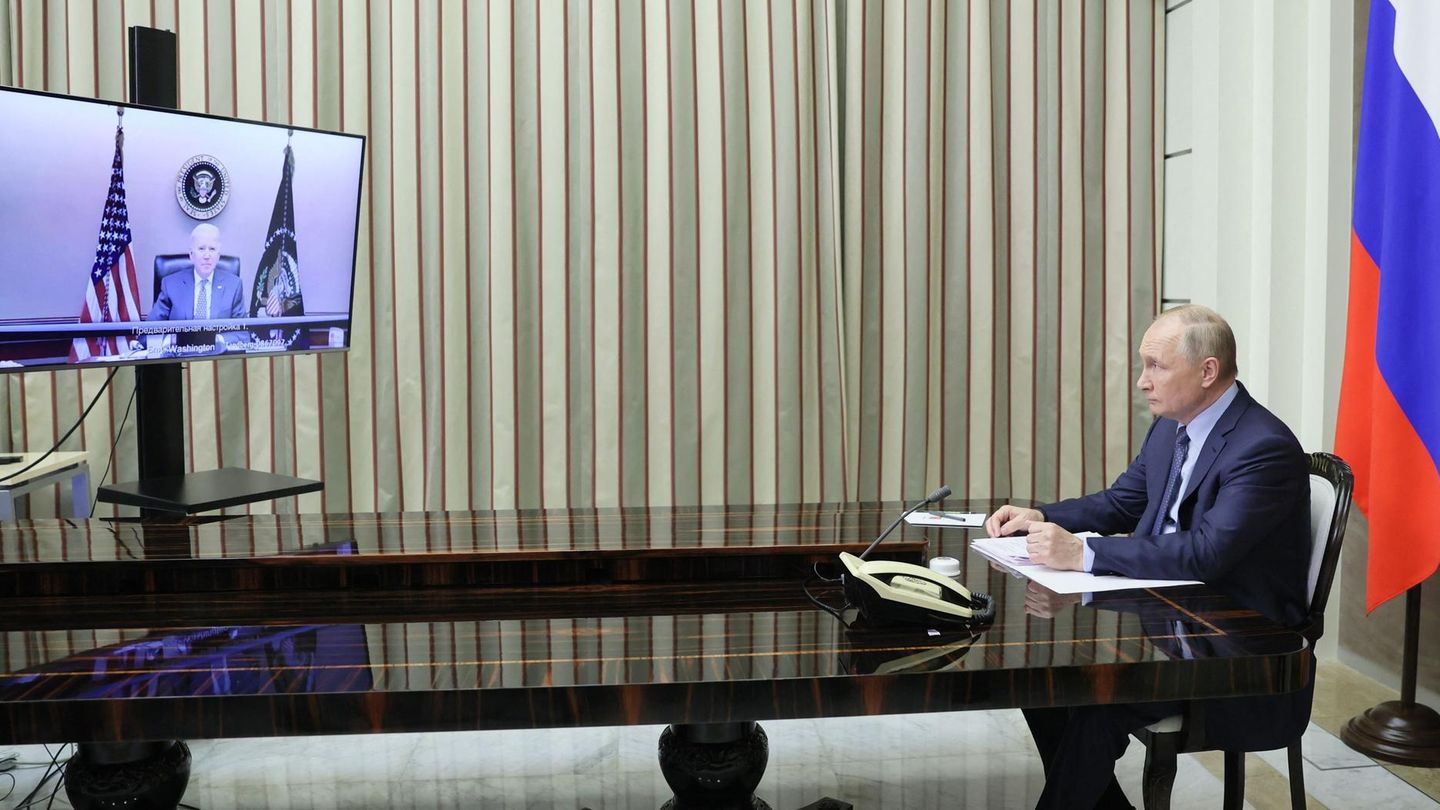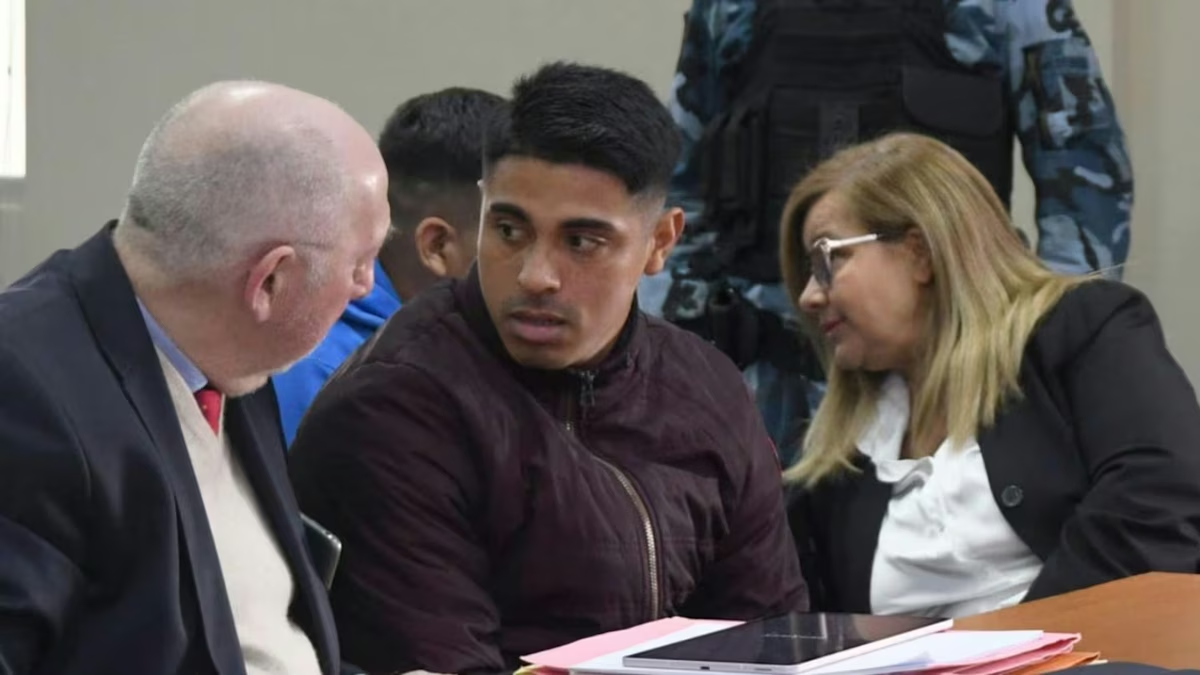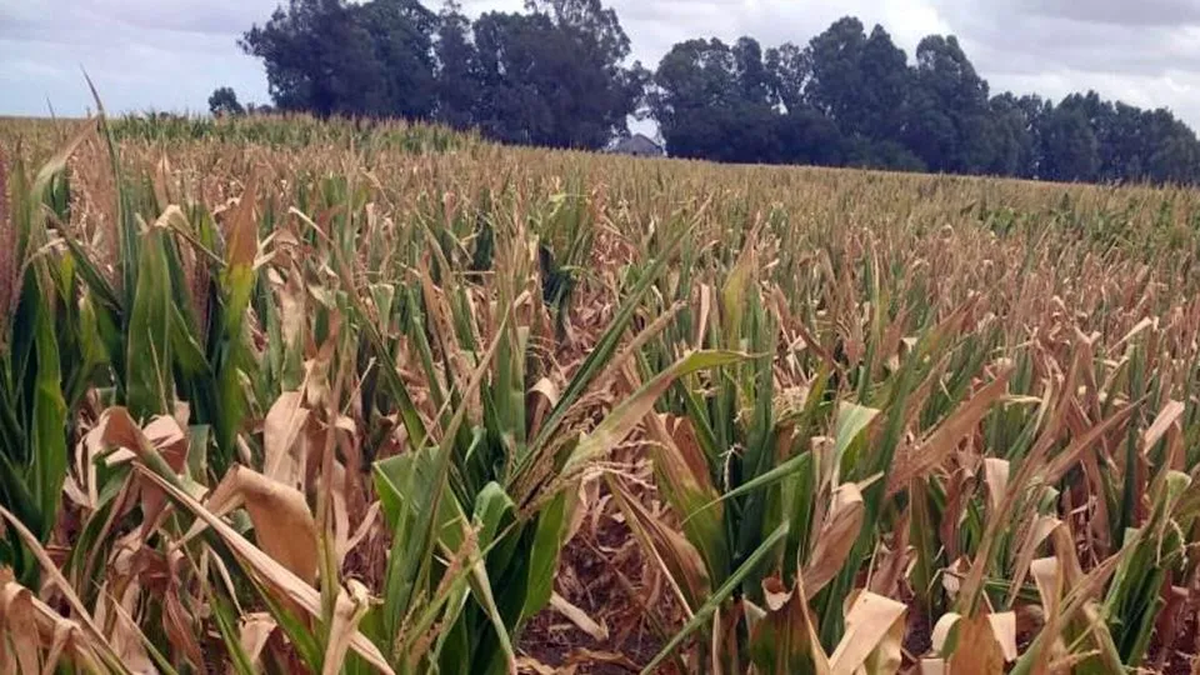The US is warning Russia of a further escalation in the Ukraine conflict. The crisis was at the center of a video summit between US President Biden and Kremlin chief Putin – which was shorter than expected.
Shadowed by massive tensions in the Ukraine conflict, US President Joe Biden and his Russian colleague Vladimir Putin exchanged views at a video summit. The conversation lasted just a little longer than two hours on Tuesday, according to the White House and the Kremlin. The Kremlin had previously stated that, given the multitude of conflict issues, it could be a very long conversation. Initially, nothing was known about the content.
After his conversation with Putin, Biden wanted to consult with the outgoing Chancellor Angela Merkel, the French President Emmanuel Macron, the British Prime Minister Boris Johnson and the Italian Prime Minister Mario Draghi, as the White House announced. In a meeting the day before, the allies had already agreed “to stay in close contact with one another in order to develop a coordinated and comprehensive approach to responding to Russia’s military rearmament at the borders of Ukraine”.
NATO is alarmed
Even before Biden’s switch with Putin, the US had threatened the government in Moscow with serious consequences in the event of a military escalation in the Ukraine conflict. The costs would turn out to be very high, “should Russia decide in favor of such an approach,” said a US government official. Putin would then have to reckon with “considerable economic countermeasures by both the Europeans and the United States”.
NATO is alarmed by reports of alleged Russian plans to attack Ukraine. Moscow, on the other hand, rejects the accusation of aggression and in return accuses Ukraine of having deployed more than 120,000 soldiers on the line to the eastern Ukrainian separatist regions of Donetsk and Luhansk.
While the White House initially did not broadcast any TV images from the summit, Russian state television showed Putin at his desk in front of a screen on Tuesday. “Good to see you again,” said Biden in greeting. Unfortunately, the Kremlin chief was not at the G20 summit in Rome at the end of October. Next time he wants to meet Putin personally again, said the US President.
Olaf Scholz is concerned
Kremlin spokesman Dmitri Peskov emphasized that no “breakthroughs” were to be expected from the summit. It is “a work meeting at a very difficult time”. A few hours before the switch, which was therefore led via a specially protected and tap-proof line, warnings had come from Moscow again with a view to Ukraine.
“Russia has no plans to attack anyone, but we have our fears and our ‘red lines’,” Peskov said before the video summit. Last week, Putin said that the relocation of NATO’s military infrastructure to Ukraine could represent such a “red line” from the Russian perspective. The Kremlin chief spoke out in favor of a written end to NATO’s eastward expansion.
Chancellor-designate Olaf Scholz (SPD) expressed concern about the Russian troop deployment on the border with Ukraine. Security and cooperation in Europe presuppose principles that were negotiated in the policy of détente and that continue to have an effect today, warned Scholz. “This includes the inviolability and inviolability of borders.”
The EU is also threatening sanctions
EU Commission President Ursula von der Leyen threatened Moscow with further sanctions. The European Union will rule on further aggression from Moscow, she said. Existing sanction regimes could be expanded or new punitive measures could be taken. She wanted to underline “the unreserved and unshakable support of the EU for Ukraine”. Currently, it is Russia’s conscious choices and aggressive actions that are further destabilizing Europe’s security.
In an interview with the US broadcaster CNN, the Ukrainian Defense Minister Oleksiy Resnikov warned that a Russian invasion of Ukraine would mean a “really bloody massacre”. Moscow, in turn, demanded a guarantee from Kiev not to attack the areas in Donbass controlled by the pro-Russian separatists. In the event of an attack by Ukraine, Russia’s military doctrine would clearly provide for an invasion – because many Russian citizens also live in Donbass.
As heads of state, Putin and Biden first met in person in Geneva in June. The video summit on Tuesday should also deal with cybersecurity in both countries, as well as the Iranian nuclear program and other international conflicts.
Source From: Stern
David William is a talented author who has made a name for himself in the world of writing. He is a professional author who writes on a wide range of topics, from general interest to opinion news. David is currently working as a writer at 24 hours worlds where he brings his unique perspective and in-depth research to his articles, making them both informative and engaging.




